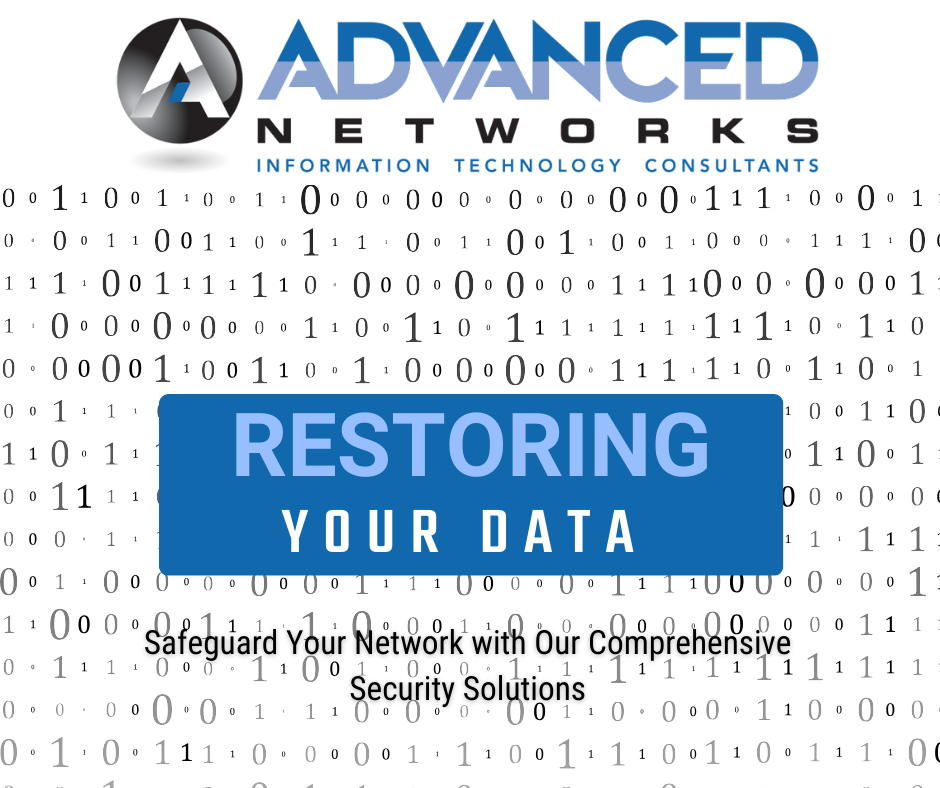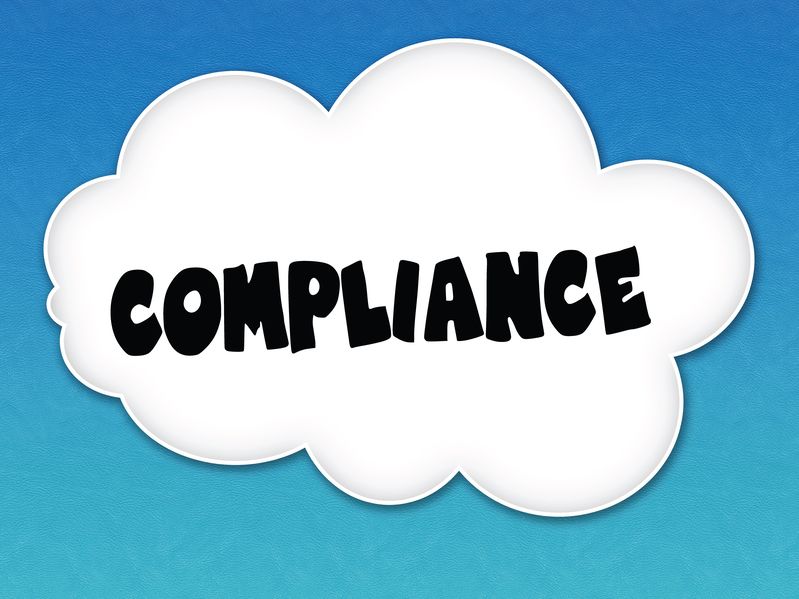In the bustling city of Los Angeles, businesses face unique challenges and opportunities every day. From the entertainment industry to tech startups, a diverse array of companies calls this city home. While the City of Angels offers immense possibilities, it …
Case Studies and Facts
According to a research conducted by Uptime Institute, 44% of surveyed organizations experienced a major outage that impacted their business.
https://cloudian.com/guides/disaster-recovery/understanding-disaster-recovery-in-the-cloud/
Recent studies show that 93 percent of organizations that lose data because of a disaster go out of business within two years.
https://www.clouddirect.net/top-10-reasons-for-choosing-cloud-backup-and-disaster-recovery/
Often, cloud DR is offered as a software as a service (SaaS) solution, which can be scaled according to the unique needs of the business.
https://cloudian.com/guides/disaster-recovery/understanding-disaster-recovery-in-the-cloud/
In conclusion, cloud backup and disaster recovery are essential for businesses in today’s digital age. They provide a reliable and cost-effective way to prevent data loss, ensure business continuity, and protect sensitive data. By implementing our solutions, businesses can minimize the risk of data loss, reduce costs, and ensure that their critical data is always available and secure. So, don’t wait until it’s too late – invest in cloud backup and disaster recovery today and safeguard your business against data loss and disruptions.











